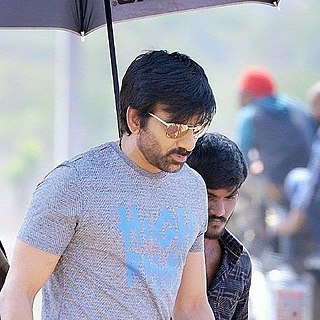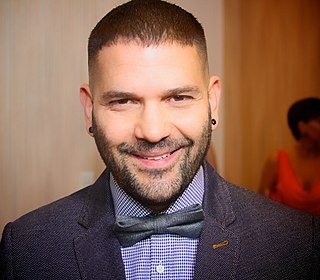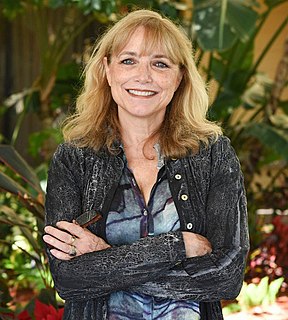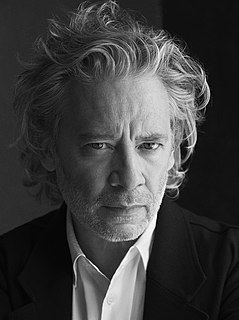A Quote by Ravi Teja
It's not fair that people wrote that all of my films had not done well. There were a few films like 'Nippu,' 'Devudu Chesina Manushulu' and 'Sarostaru' which were really bad. But, 'Veera' and 'Dharuvu' had done well. Strangely, people have added them to my 'flop list.'
Related Quotes
AMD's history is we've always had great technology. We've had periods of time where we've done really, really well, and we've had periods of time where we've done not so well. But most of the time we've done well, it's because we've had a leadership product or some technology where we were out in front before anybody else.
The whole first movie [Twilight] was pretty fun. I had never really done a movie like it, when there's such a big cast of people that are around about the same age. Everyone didn't really know what was going to happen with the movie, but there was a good energy. There was something which people were fighting for in a way. They wanted it to be something special. Also, none of us were really known then as well.
When we started on 'Coraline,' there was a whole host of things that we had no idea how we were going to do. Because we were making films in a way that had never really been done before, we were taking this hundred-year-old art form and bringing it into a new era by embracing technology and innovation.
The whole first movie [Twilight] was pretty fun. I had never really done a movie like it, when there's such a big cast of people that are around about the same age. Everyone didn't really know what was going to happen with the movie, but there was a good energy. There was something which people were fighting for, in a way. They wanted it to be something special. None of us were really known then, as well. It felt like a big deal, at the time.
I had a really small role (playing goddess Aphrodite), and I was only working for just over a week with Ralph Fiennes and Liam Neeson. I'd done a few short films before and thought acting was really creative, but when I worked with those guys, I was just like: "Wow!" They had such fun and freedom. They were trying things and stretching themselves. It was so inspiring that I was like: "I definitely want to do this!"


































